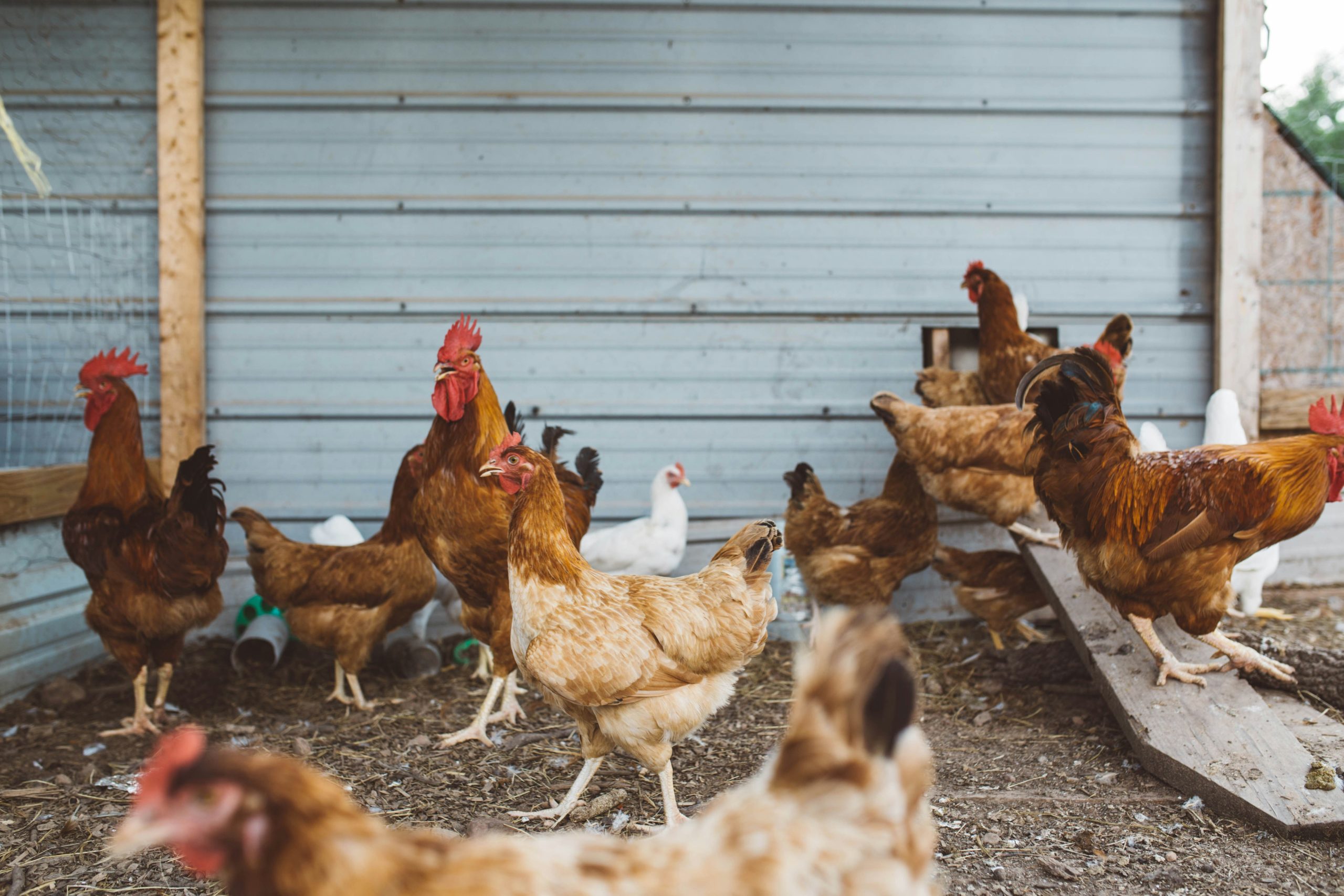The Essentials
-
A New Life on the Land:The Crossfields Institute Level 3 Diploma in Biodynamic Farming and GrowingAre you looking for a way into farming – even if you don’t have any experience?Whether you’re just starting out or making a bold career change, this two-year training is uniquely designed to welcome new entrants to agriculture. You don’t need a farming background to join – just a deep interest in working with the land and a willingness to learn.From day one, you’ll step straight onto a real farm or garden and begin learning by doing. You’ll work alongside experienced biodynamic and organic growers, building the practical skills and confidence needed to become a competent, capable farmer by the end of your training.This is one of the very few training programmes in the UK that gives you direct access to farm-based learning from the very start. It’s structured like a modern-day apprenticeship – combining on-the-ground experience with seasonal seminars that deepen your knowledge and connect you with a like-minded community of land learners.
What You’ll LearnYou’ll gain a full foundation in the core aspects of sustainable and regenerative farming, including:-
Soil care and fertility
-
Plant propagation and crop management
-
Animal husbandry
-
Farm machinery and infrastructure
-
Marketing, business, and CSA models
-
Planning and managing a farming enterprise
But what makes this course truly unique is the biodynamic approach – an agricultural method that goes beyond organic to view the farm as a living, interconnected whole.
What Biodynamics Brings to Your Training:Working with natural rhythms – learning how lunar and cosmic cycles influence plant and animal lifeBiodynamic preparations – using natural substances to vitalise soil and compostThe farm as an organism – integrating animals, plants, soil, and people into a self-sustaining wholeArtistic and reflective practice – developing a deeper connection with the land through observation, movement, and creativityHolistic thinking – learning to see agriculture in the wider context of ecology, community, and personal development
Learn from Experts. Connect with a Community.With over 30 specialist tutors and more than 25 years of experience in land-based education, this is the UK’s only certified Level 3 Diploma in biodynamic and agroecological farming.You’ll join a network of passionate growers and educators committed to practical change – and graduate ready to launch your own farming project, take on a key role in an existing enterprise, or continue onto further studies in agroecology. -
-
Email info@bdacollege.org.uk or contact us


